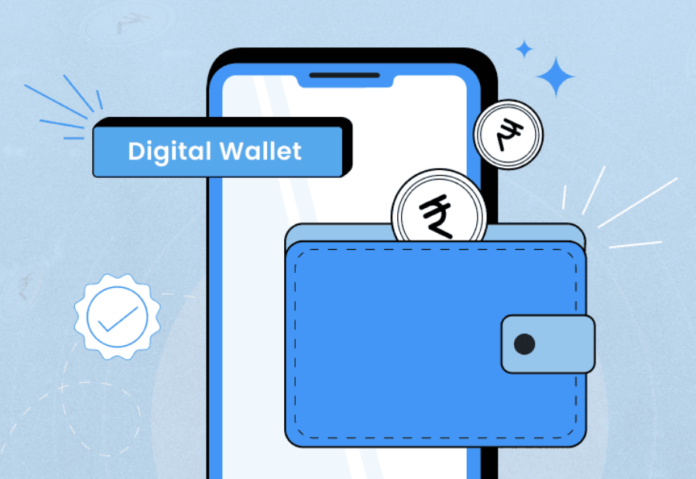Digital wallets, which provide consumers with quick, easy, and safe payment options, have completely changed how companies manage transactions. As companies implemented this technology to encourage social separation and provide a safer shopping environment, their popularity skyrocketed during the COVID-19 outbreak. Before long, billions of people preferred using their devices to pay with a simple tap or click over more conventional ways. To increase productivity and enhance consumer experiences, companies are rapidly incorporating digital wallets as a payment option into their point-of-sale systems, mobile apps, and websites. This expanding trend satisfies customer preferences by streamlining processes and adapting to shifting habits.
Successful Implementations of Digital Wallets
Many businesses that were early adopters of the technology and have previously demonstrated its advantages are currently available on the market. Examples of successful digital wallet implementations by companies include:
Starbucks’ mobile app incorporates a digital wallet function that enables users to pay, receive points, and place orders in advance, making it a shining example of a successful digital wallet implementation. Starbucks thereby greatly enhanced customer convenience and loyalty, which resulted in a spike in mobile sales.
Another illustration is Domino’s Pizza, which saw an increase in online orders and a more effective ordering procedure following the use of digital wallet payments.
Another noteworthy example is Walmart’s incorporation of Walmart Pay into its mobile app, which allows users to quickly finish payments by scanning QR codes at checkout. This digital wallet offers a combined shopping and rewards experience by streamlining the payment process and connecting with Walmart’s rewards program.
By catering to consumer preferences for digital transactions, each instance illustrates how integrating digital wallets may increase customer engagement, optimize processes, and spur corporate growth.
When market titans like PayPal, Apple Wallet, Google Wallet, and Samsung Pay gained substantial popularity and transformed how customers and businesses handle transactions, the market underwent a dramatic upheaval. These platforms significantly lessen the need for actual cards by providing quick, easy, and safe payment options. These digital wallets give consumers more control and flexibility over their accounts by being simple to use, improving security, and allowing them to manage several payment methods in one location.
Benefits for Businesses
It’s not a fortunate accident that digital wallets have emerged as one of the most popular payment options for both companies and end users. Although there are many valid reasons for this, we would argue that the customer experience is vital since it increases client loyalty and happiness. However, it’s also important to highlight a few additional significant advantages for businesses:
Enhanced customer experience: Customers can make payments quickly and easily with digital wallets. Higher consumer satisfaction levels and possibly greater customer loyalty result from this.
Increased Transaction Speed: By removing the need for manual card entry (online) or PIN entry for larger value transactions in-person, digital wallets allow for speedier transactions, cutting down on wait times and improving the customer experience.
Streamlined payment processes: By incorporating digital wallets into their payment systems, businesses can cut expenses by doing away with manual processing and cashiers.
Data and Insights: Businesses may make better judgements regarding forecasting, inventory control, and marketing strategies by using the useful data and insights that digital wallets give them about consumer spending patterns.
Integration with Loyalty Programs: Businesses may automatically reward consumers and promote repeat business by integrating digital wallets with loyalty programs.
Improved Customer Insights: Digital wallet transactions give businesses useful information about consumer preferences and buying patterns, enabling more specialized marketing and tailored offers.
In conclusion, it should come as no surprise that digital wallets have completely changed how companies conduct business by offering a convenient, safe, and customer-friendly payment method. Although technology has many advantages, such as better customer experiences and lower expenses, it is also changing the business environment and presenting both new opportunities and difficulties. Keeping up with the latest developments in e-wallets will be essential for businesses to meet customer demands.
However, there is still more to come. Therefore, if you’re interested in learning what the future holds and what the wallets of the future might look like, stay connected and follow us.






